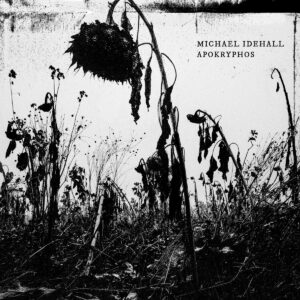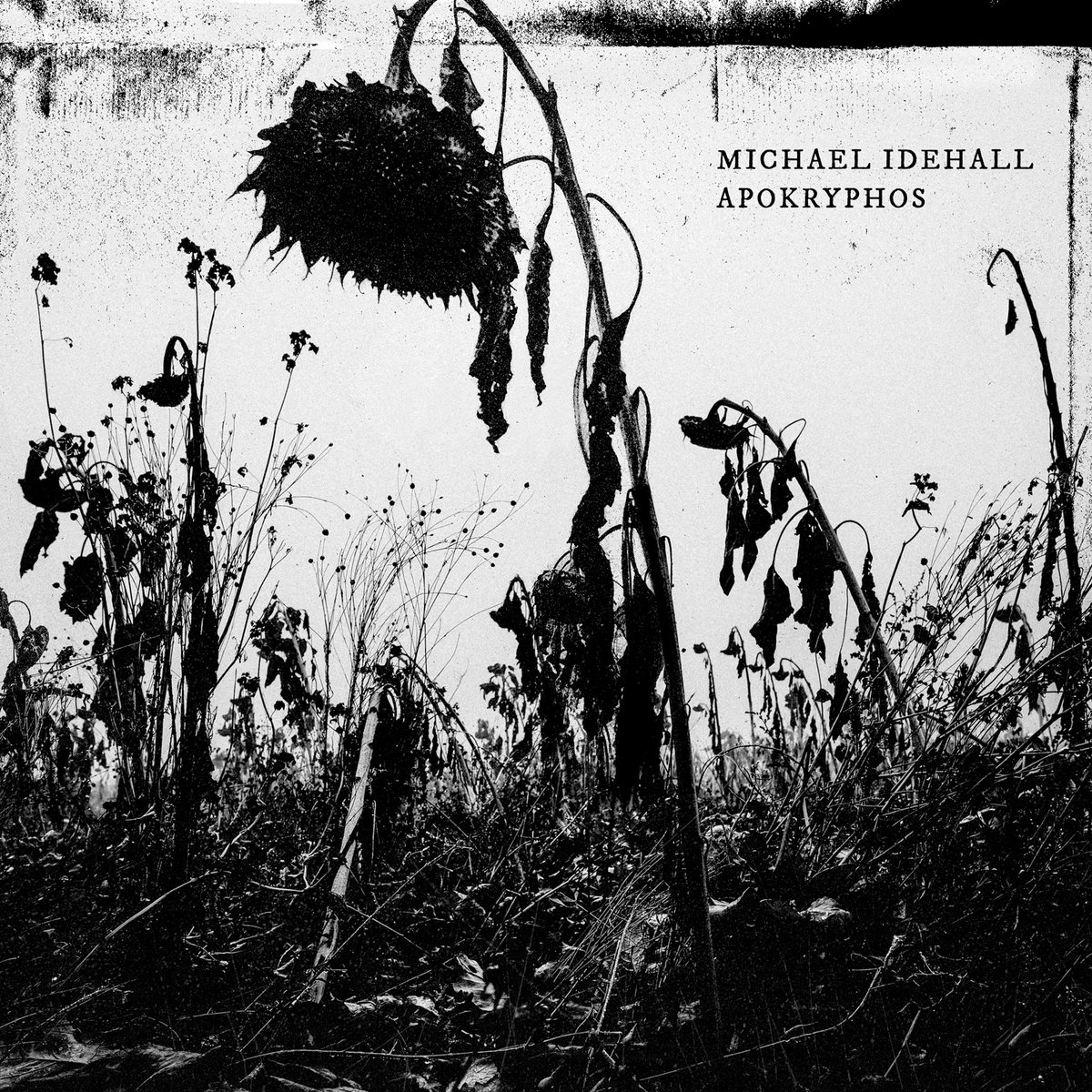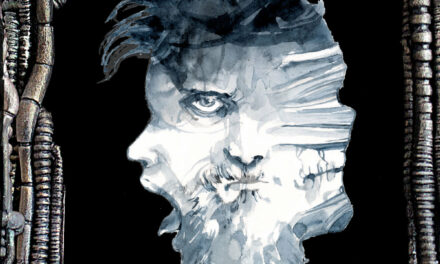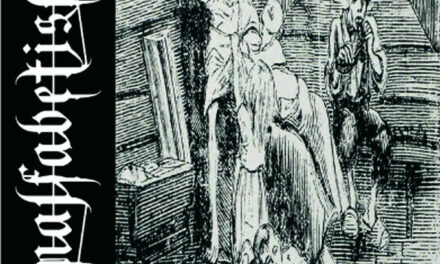
Michael Idehall
Apokryphos
Ant-Zen
The net cast by Swedish experimentalist Michael Idehall is so wide – falling over rhythmic noise, neofolk, death industrial, dark ambient, and more – that any new material from him need only adjust its focus onto a certain area of his purview in order to feel like the work of an entirely new producer. New LP Apokryphos continues to hoe the hard road Idehall’s chosen, working more out of unnerving intimation than direct aggression.
Apokryphos is threaded through with muted, scraping percussion with individual beats linked by detuned acoustic samples and other organic elements warped into the uncanny valley. Idehall takes a less is more approach to arrangement after finding just the right shade of disturbance with his sound design. Dotting the woozy acoustics of “Black Void” with just the slightest punctuations of feedback from an electric guitar we never properly hear carries more menace than a sudden blast of ear-ratting chug might have. The modern Neubauten ping and pulse of “Never Tell Me” similarly connotes the real unspeakable truth being hidden just out of sight.
But to write about a Michael Idehall record without paying close attention to the vocals in unconscionable. Idehall clearly knows not only that his vocal power makes him a unique quantity in the fields he works in, but that the malleability of that instrument demands to be exploited. The weary, warbled incantations of the aforementioned “Black Void” and the devotional, guttural whisper of “Foreign The Shore” are in keeping with the hair-raising fare we’ve come to look forward to from him, but Idehall’s peppered some curveballs into the mix, too. The almost Kurt Weill-like vein tapped on “The Dark Spots” and “Three Paths Across The Back Of The Horse” puts the record’s more traditionally noisy moments into sharp relief, though the former’s fractured sing-song – “You have seen the spots on my skin / What did they whisper to you in the dark?” – is certainly no more comforting.
Like the rest of his best work, Apokryphos has just enough in common with the dark electronic genres to which Idehall’s clearly indebted (hints of late period Coil should be detectable to the veteran listener) to give the newcomer enough to hold onto, but it’s the stranger and more off-kilter paths his muse (or perhaps his own voice) leads him on which leaves a lasting and chilly impression.






Trackbacks/Pingbacks